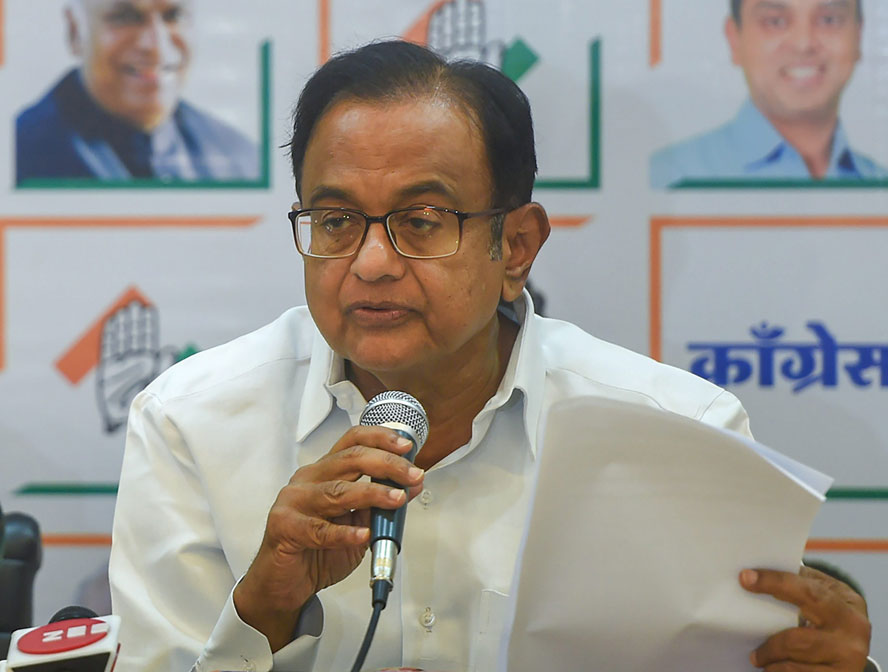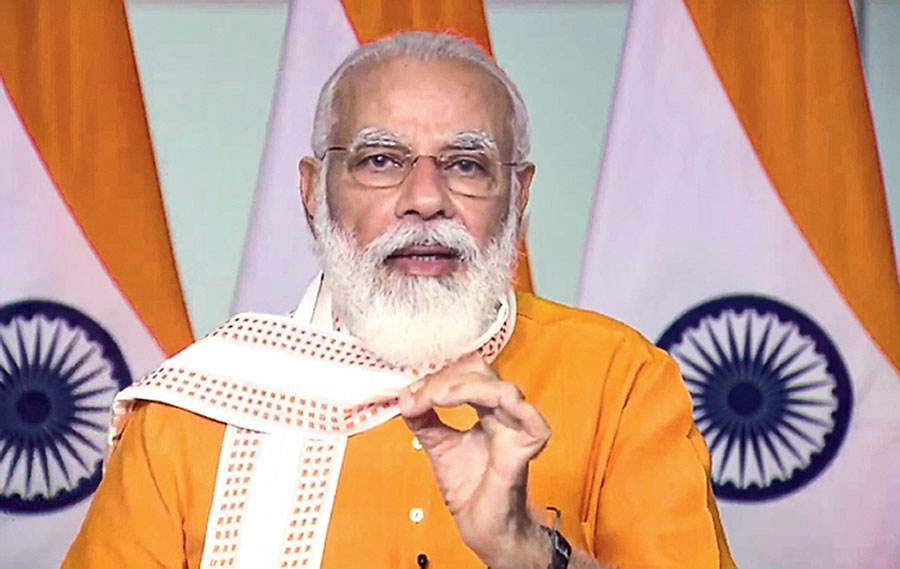The Congress on Saturday accused the Narendra Modi government of surrendering to corporate entities and traders and approached other political parties to stall the three farm-related bills that will be tabled in the Rajya Sabha on Sunday for passage.
Although senior Congress leaders have approached the Biju Janata Dal, Telangana Rashtra Samithi, YSR Congress, AIADMK and the Shiv Sena apart from other secular allies to force the government to at least send the bills to a select committee for a deeper examination, the principal Opposition party is not very hopeful of the outcome because of the clear numerical advantage the BJP enjoys.
While the Shiv Sena and the TRS have opposed the bills and decided to vote against the government, the others are not expected to lend support to the Opposition to embarrass Prime Minister Modi, who has hailed the proposed reforms as historic.
While the stated purpose of the bills is to allow farmers to sell produce directly to bulk buyers and make contract-farming easier, the Congress has alleged that it is aimed at handing over the farm sector to corporate entities and also expressed fear of peasants being deprived of the minimum support price.
The Congress has called a meeting of office-bearers outside Parliament on Monday to discuss the plan of action as farmers are continuing with their protests and have refused to relent despite the government’s assurances.
The Parliament session is anyway likely to be curtailed because of the growing number of coronavirus cases, winding up probably as early as Wednesday itself.
Widespread protests are taking place in Punjab and Haryana while the All India Kisan Sangharsh Coordination Committee has called a nationwide bandh on September 25, asserting that the government’s assurances are false. While Haryana will have a “chakka jam” protest on Sunday, there will be a three-day agitation including a “rail roko” in Punjab from September 24.
Former finance minister P. Chidambaram issued a statement on Saturday, saying: “The Congress and other Opposition parties must join hands to oppose the bills in every forum and ensure that they do not become law in the present form. Every party has to take a stand — is it with the farmers or is it with the BJP threatening the livelihood of farmers? The BJP government has surrendered to the corporate and traders.”
Explaining the infirmities in the bills, Chidambaram said: “The…farm bills do not contain a clause that the price that the farmer will get from the private purchaser shall not be less than the MSP. Why is such a clause absent? The bills undermine the only regulated market available to the farmer today, without creating thousands of alternative markets that will be accessible to the farmer.”
He added: “The bills assume perversely that the farmer and the private purchaser have equal bargaining power. They do not. The small farmer will be at the mercy of the private purchaser. If a dispute arises between the farmer and the private purchaser, the machinery under the bills is so bureaucratic and convoluted that no farmer will have the strength or the resources to fight the purchaser. The small and medium farmer will be ruined.”
Questioning the sagacity of the government, Chidambaram said: “…A little knowledge is dangerous; little reading is even more dangerous. Today, our farmers produce huge surpluses in many agricultural produce — notably wheat and rice. On the strength of our farmers, successive Congress governments built, brick by brick, a food security system that culminated in the National Food Security Act, 2013. The three pillars of our food security system are MSP, public procurement and PDS.”
Chidambaram accused Modi and other BJP leaders of deliberately and maliciously distorting the Congress manifesto.
“The Congress manifesto 2019 was based on the foundational principles outlined above. We promised: 1. To promote farmers producer companies/organisations to enable farmers to access inputs, technology and markets. 2. To establish farmers’ markets with adequate infrastructure and support in large villages and small towns to enable the farmer to bring his/her produce and freely market the same.
“Farmers need multiple accessible markets and choice. The Congress’s proposals would have given them that. Once that is accomplished, the Congress manifesto promise on repealing the APMC Act and making trade in agricultural produce free would be a natural sequel in course of time.”












